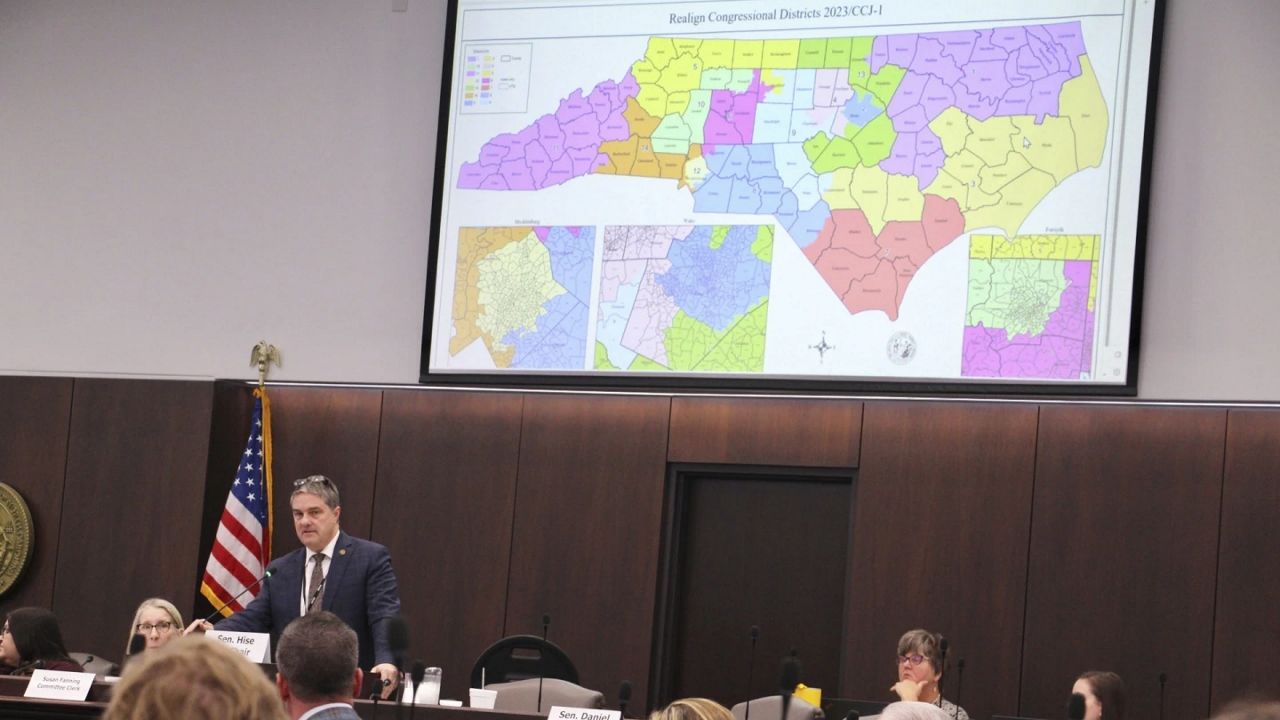DURHAM, N.C. — Gov. Roy Cooper recently announced $1.3 million in grants to 42 public school districts and public charter schools to help face the challenges of student breakfast access.
The state says nearly 1 in 6 children in North Carolina live in homes without consistent access to food. To help with the issue, some schools are using funding from the federal government’s Community Eligibility Provision Program (CEP), which makes school meals available to all students at no cost to their families.
Durham Public Schools was recently awarded $50,000 to increase student breakfast participation. DPS Assistant Director of Food Systems Planning Linden Thayer said 28 of their 54 schools are participating in CEP.
“As a school food program, we have many responsibilities; first and foremost, to feed and nourish student bodies, but also to be that educational space where kids are exposed to new things,” Thayer said.“As a school food program, we have many responsibilities; first and foremost, to feed and nourish student bodies, but also to be that educational space where kids are exposed to new things,” Thayer said. “For many families in our district, it is a stretch to ask them to purchase something that their student hasn’t tried and risk that loss of funds if they don’t like it. So, we need to be that place where kids can learn to try it.”
Thayer said an area they are focusing on is school breakfast.
“For example, breakfast in the classroom was very popular during and post-pandemic, and which is typical in our elementarys,” Thayer said. "We have some elementarys now that participate with breakfast in the classroom, and we see a huge increase in participation.”
With the money DPS was awarded, they will be buying mobile kiosks, coming up with new menu ideas and hiring brand consultants to rebrand school breakfast.
Thayer said a lot of students never pass through a cafeteria on their way to their class, so they don’t get a chance to grab breakfast. She said the kiosk model will help with that since it allows them to bring breakfast out of the kitchen and into the school building.
These innovations are all things Thayer hopes will make a difference.
“We are a huge purchaser as a school district of food, and so, how we spend those dollars says a lot about who we are and what we care about,” Thayer said. “So, I see school breakfast, school lunch, snack and other programs that we do as a way to really say to the world, this is our vision, these are our values and we are really stepping up and saying, watch us do great things.”
Thayer said four schools in the district are all new to that CEP program. The district plans to use the funds to help those schools gain access to both free breakfast and lunch regardless of income.






)

